Africa urged to engage youth in the protection and conservation of wildlife
- By Zimpapers Syndication |
- 27 Dec, 2025 |
- 0
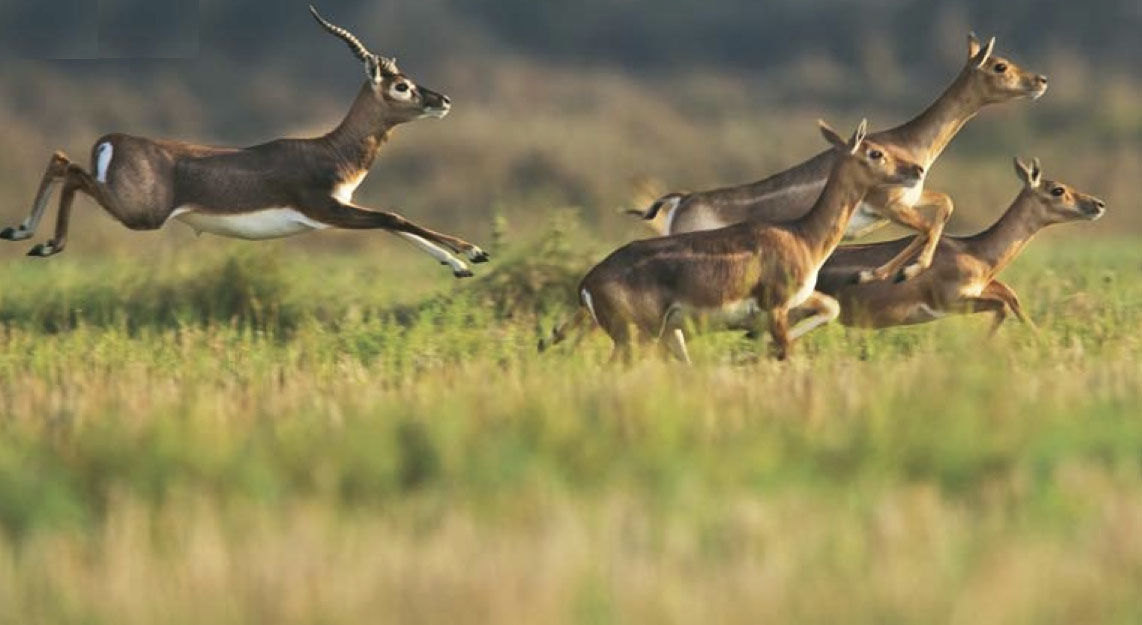
Sifelani Tsiko ---
African countries must strive to create a conducive environment to engage and empower the youth to be proactive in action to save, protect and conserve the continent’s rich wildlife resource base which is under threat of extinction, says a top African Wildlife Foundation (AWF) official.
Newly elected AWF president, Kaddu Kiwe Sebunya told the Southern Times in a wide-ranging telephone interview from Nairobi that Africa needs to engage its youth to protect its rich wildlife heritage and to harness their potential in the conservation of wildlife resources.
“We need to widen conservation projects to include the young generation,” he says.
“We need to engage young Africans more on the continent to conserve our wildlife heritage. This is one of my aspiration which I hope to promote during my tenure.”
Sebunya says he will strive to advance a clear policy agenda for wildlife as part of Africa’s future, ensuring the continent’s blueprint for development and growth includes space and protections for Africa’s natural heritage.
“I really hope that by the end of my tenure, Africa will have a voice and will speak out loudly on wildlife conservation,” he says. “Wildlife resource issues must be discussed across the whole spectrum of life. We need political will from our leaders to drive the agenda for wildlife conservation to support the African Union’s 2063 Agenda.
“Political commitment at the highest level, from the African leadership is important. Engaging the African youth is also critical.”
He bemoaned the absence of a strong African voice on global wildlife conservation front.
“We need to mobilise African leaders to speak out strongly about wildlife conservation,” says the AWF president. “We have less voices on these issues. We have seen Prince Charles and a galaxy of Hollywood stars speaking out on wildlife issues. The African voice has been largely absent and we need to change this.”
Sebunya was elected president of the AWF early this year.
“I am excited to be stepping into the role of president at a time when Africa’s economies are surging, and when important decisions are being made as to how Africa should manage its natural resources responsibly and with accountability,” he says.
“The continent is undergoing a profound change, and we must help to guide this change so it benefits Africa’s people and wildlife.”
Sebunya believes strongly in engaging young people to address wildlife conservation issues arguing they are a critical element to any nation’s strategy to save, protect and conserve its wildlife resource base.
“Africa needs to engage its youth more because they are a key point of influence for other segments of society,” he says.
“We must strive engage our youth, through ethical leadership, mentoring and coaching to enable them to take interest in preserving Africa’s wildlife resources.”
Through youth engagement, he notes, the continent could harness creativity, enthusiasm and drive for any actions to address threats to the continent’s wildlife resources.
The issue of wildlife management and improvement, he further says, should be a major concern to young people as they ought to play active roles in program and activities which aim to curb poaching, illegal trade in animal products and trafficking.
Some environmental analysts say African countries must seek to supplement state –level processes by deepening participation through the creation of an environment that places the youth of Africa at the centre of protection and conservation of wildlife.
“We must lobby African governments to implement youth policies that encourage their participation,” says a Harare-based wildlife expert.
“If we don’t involve them, they engage in all sorts of activities that may exacerbate poaching as we have seen here in Zimbabwe. The youth must play an active role in the running of their countries.”
Most African governments, he says, have weak youth policies while others hardly have ‘real’ youth policies and others never walk the talk on youth engagement and empowerment.
“The youth are only involved in ceremonial roles which barely make a difference in their lives and communities,” he says.
“We need to empower them to understand the gravity of the poaching crisis facing the African wildlife. We need to involve them so that they can understand how poaching, unsustainable hunting practices and illegal trade in animal products affects tourism earnings, community livelihoods and how this robs future generations of their wildlife heritage.”
Non-involvement of the youth, the wildlife expert further says, will lead to exploitation of wildlife resources at a rapid and unsustainable rate that future inheritors of Africa will have very little, if none of the wildlife resources current generations have access to.
Connecting the younger generations with the older, he says, will inspire them to show leadership in safeguarding the natural world.
Africa is facing an unprecedented spike in poaching and illegal wildlife trade which is threatening to decimate the continent’s rich wildlife resource base.
Poaching is threatening the survival of elephants, rhinos, cheetahs, lions, hippos and a whole list of other animals still found on the continent.
Wildlife crime is now prevalent across Africa with a complex web of highly dangerous international networks.
Wildlife and animal parts are being trafficked to various parts of the world.
The poaching of elephants for ivory and other wild animals for their skins and bones has taken on new and deadly dimensions, with poachers using chemicals such as cyanide to poison wildlife.
Countless other species such as turtles, pangolins, snakes and other wild plants and animals are being caught or harvested from the wild and then sold to buyers who make food, pets, ornamental plants, leather, tourist ornaments and medicine.
AWF is involved in a number of programmes to stem illegal wildlife trade, poaching and unsustainable exploitation.
“We have been involved in awareness raising campaigns in China, Japan, Vietnam and other Asian countries to educate the public about the impact of buying illegal wildlife animal products to the survival of Africa’s wildlife,” says Sebunya.
“It’s not only in China, we have also been involved in raising awareness in North America and Europe as well. It’s not peculiar to China alone, it’s a global problem and we have been working to address the demand-side problem.”
Among other issues, he says the AWF is actively engaging regional economic trading blocs such as Comesa, Sadc, the African Union and individual African countries to strengthen the continent’s mechanism to deal with the escalating wildlife poaching problems.
“We participated actively in the drafting of the AU’s 2063 vision by giving input on the wildlife resource sector discussions,” Sebunya says.
“We played a key role in the drafting of this Agenda. In addition, we also work with regional bodies such as Comesa to find ways to stamp out wildlife crime.
“Fighting threats to Africa’s wildlife is a priority for AWF and we are actively involved in various programmes to support national parks services, address demand –side challenges and stop illegal trade in wildlife products.
“We also run community projects to support communities that live close to national parks. We have built schools next to parks and supported various projects to improve the livelihood of local communities.”
In addition, the AWF president says his organisation has been working closely with various governments to strengthen legal and judiciary systems to fight poaching and illegal trade in wildlife.
“We have been working closely with various governments to build legal and judiciary capacity to deal with wildlife issues,” Sebunya says.
“We have also worked closely with Interpol and other wildlife conservation groups to help fight wildlife crime. In Vietnam and China we have conducted awareness campaigns to help bring about behavior change.”
The AWF president is optimistic that the 17th World Conference of Parties to the Convention on International Trade in Endangered Species of Wild Fauna and Flora (COP17 CITES) that will be held in Johannesburg from 24 September to 5 October 2016 this year will help bring about the collective support required to fight wildlife crime.
“Yes, I am very optimistic that this conference will be successful,” he says.
“It’s very important for Africa because it will help us to galvanise and to get the collective support we need to address some of the most pressing problems facing the wildlife sector in Africa.
However, he says, the onus to adopt the Cites recommendations lies with individual states.
“At the end of the day, it’s up to the national governments to implement some of the recommendations made at the conference,” he says.
“It’s important to galvanise international support but what is more important is what each government will do after the conference that will make a difference.”
No Comments


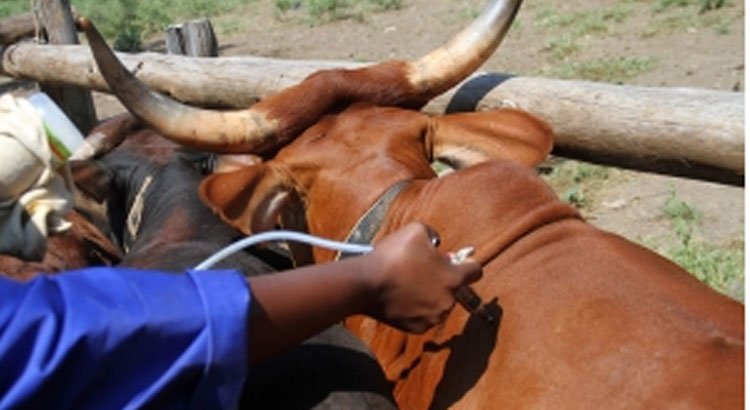
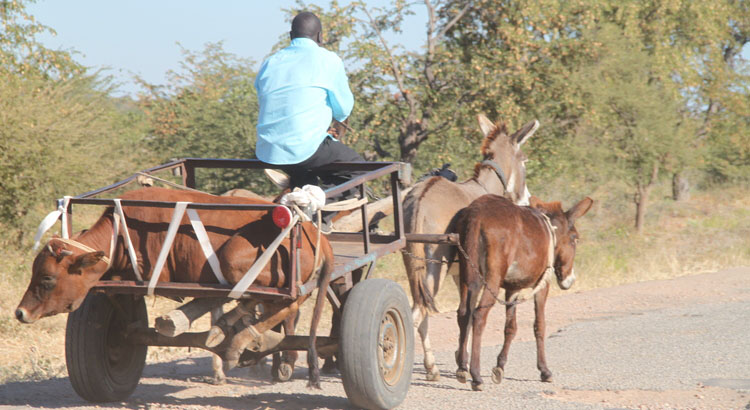

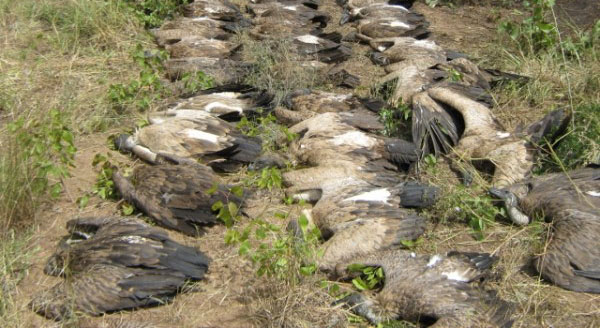
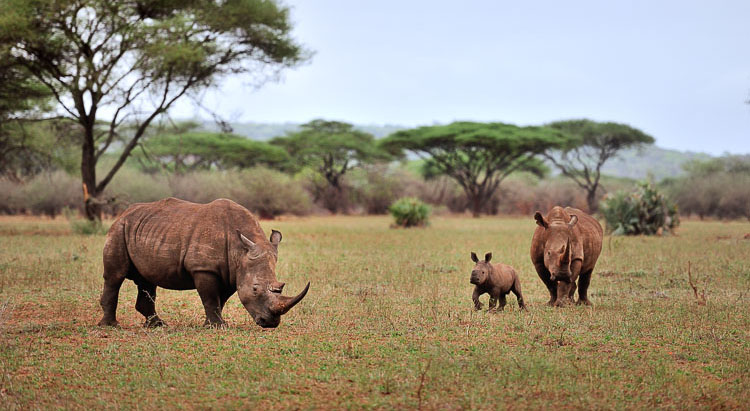

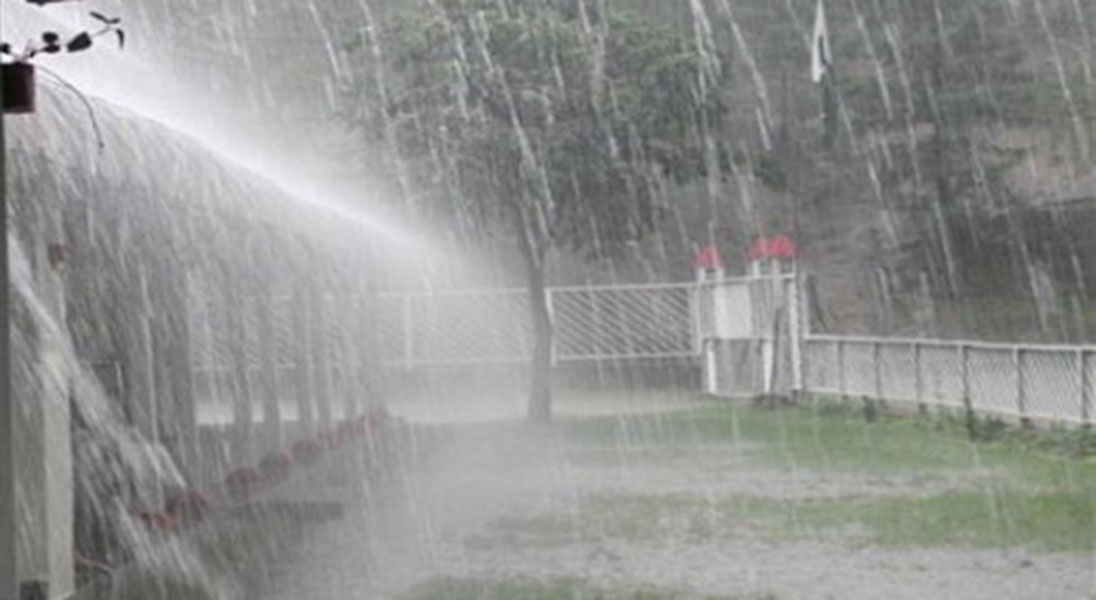
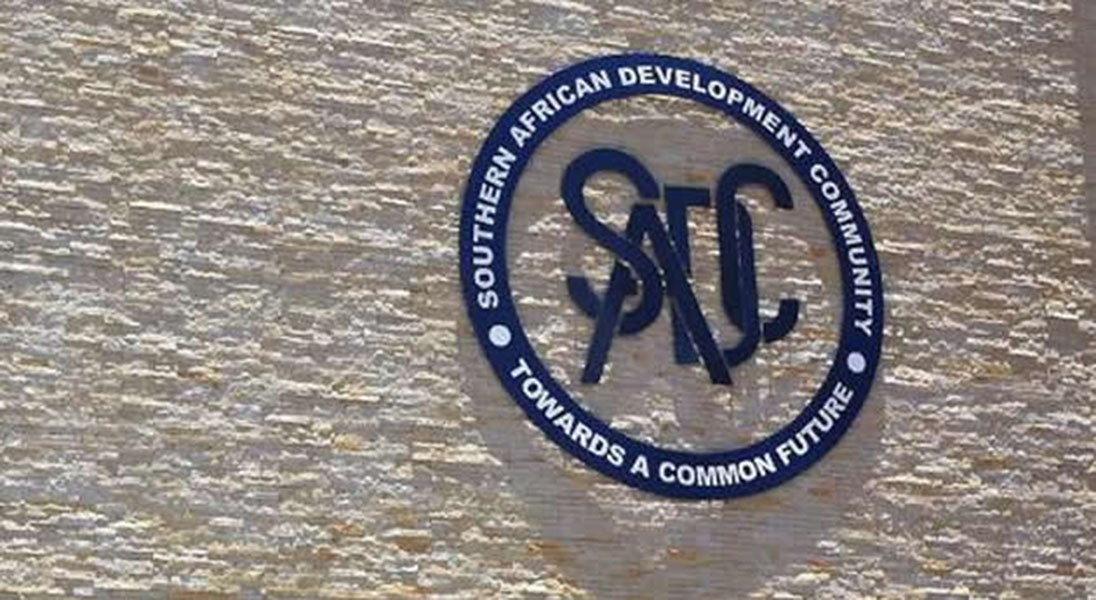
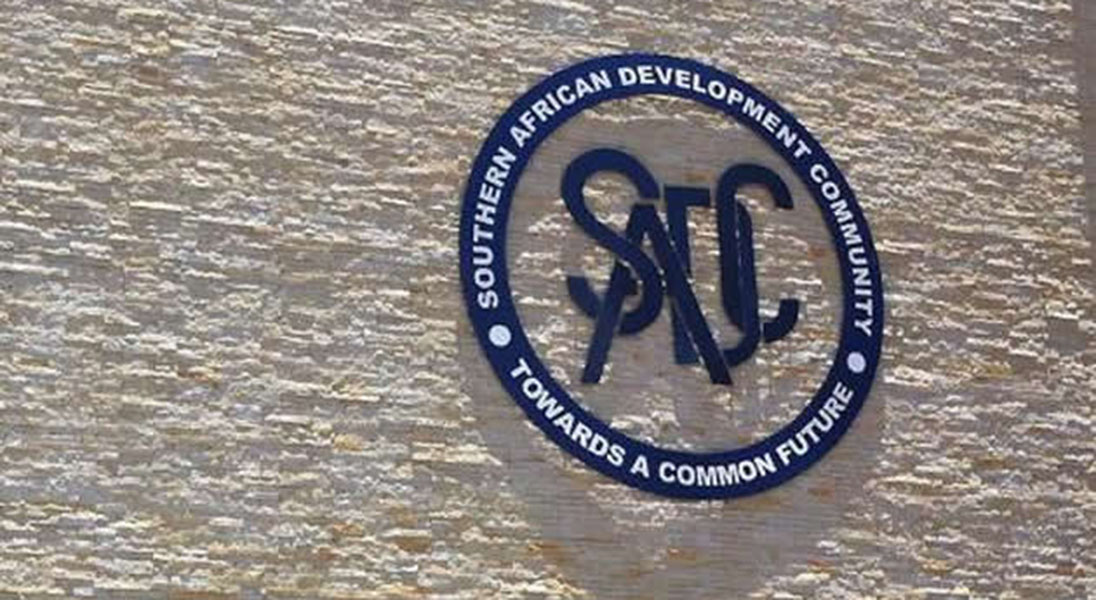
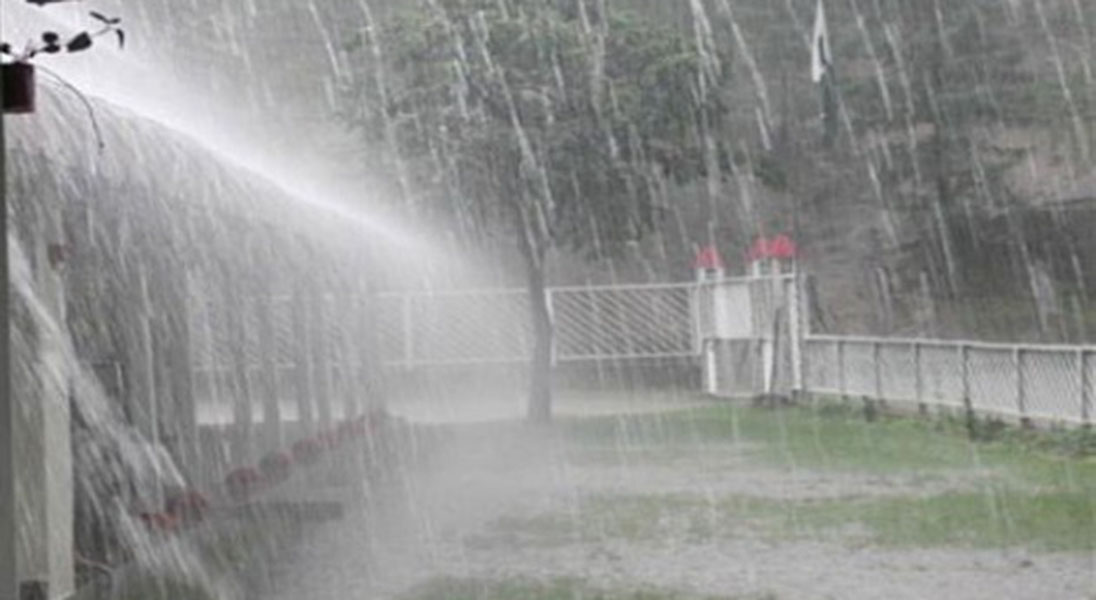
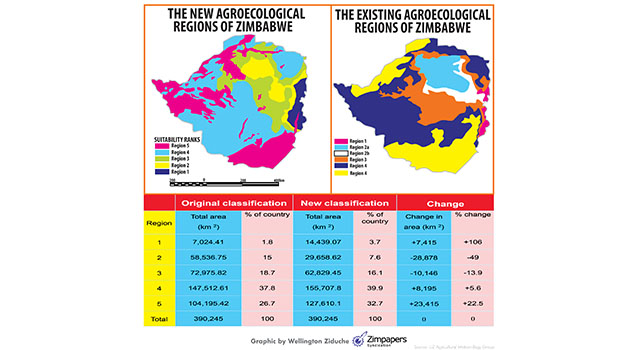

Comment